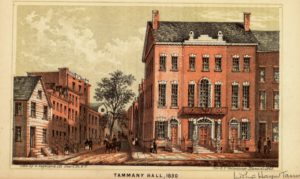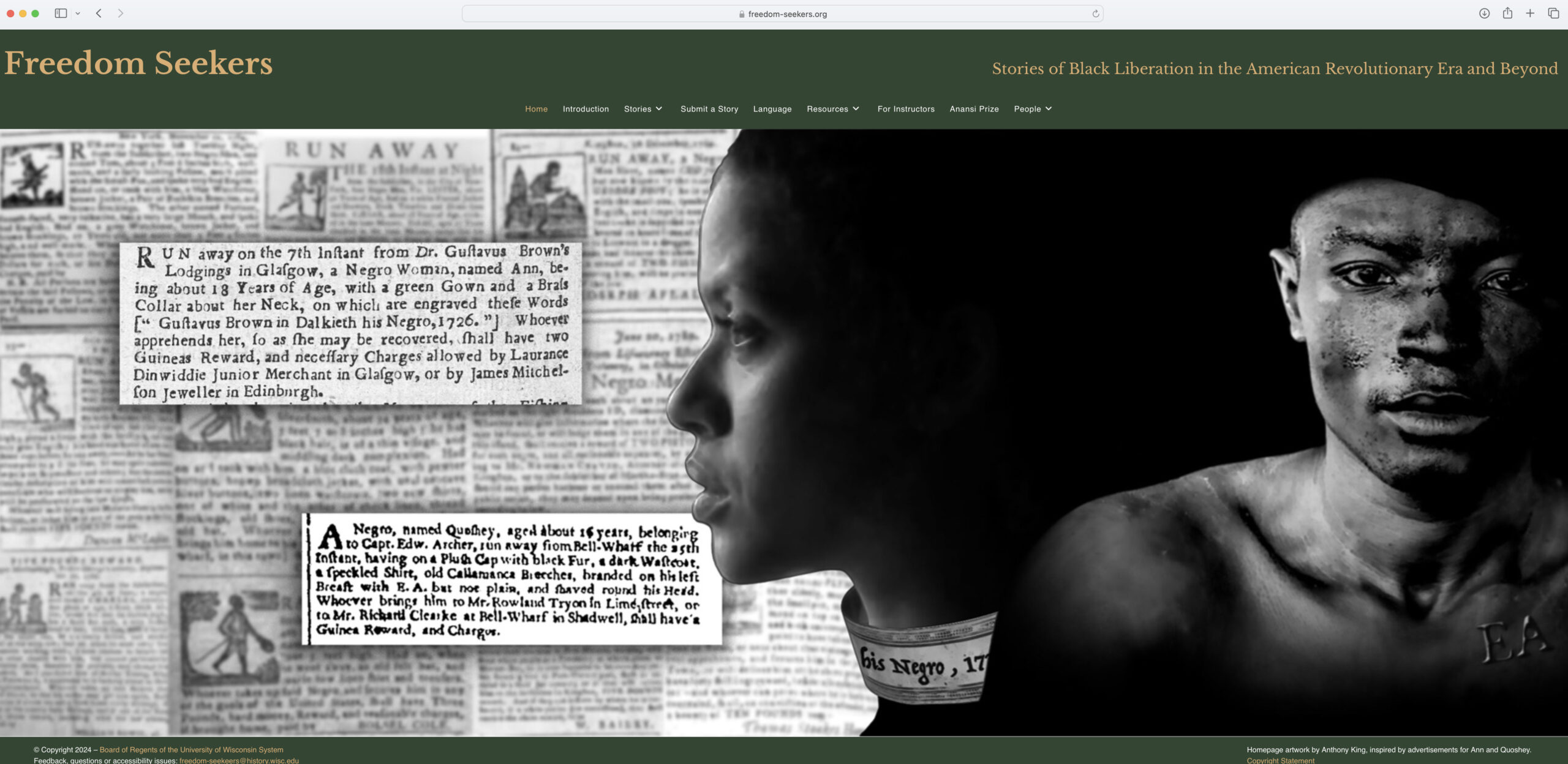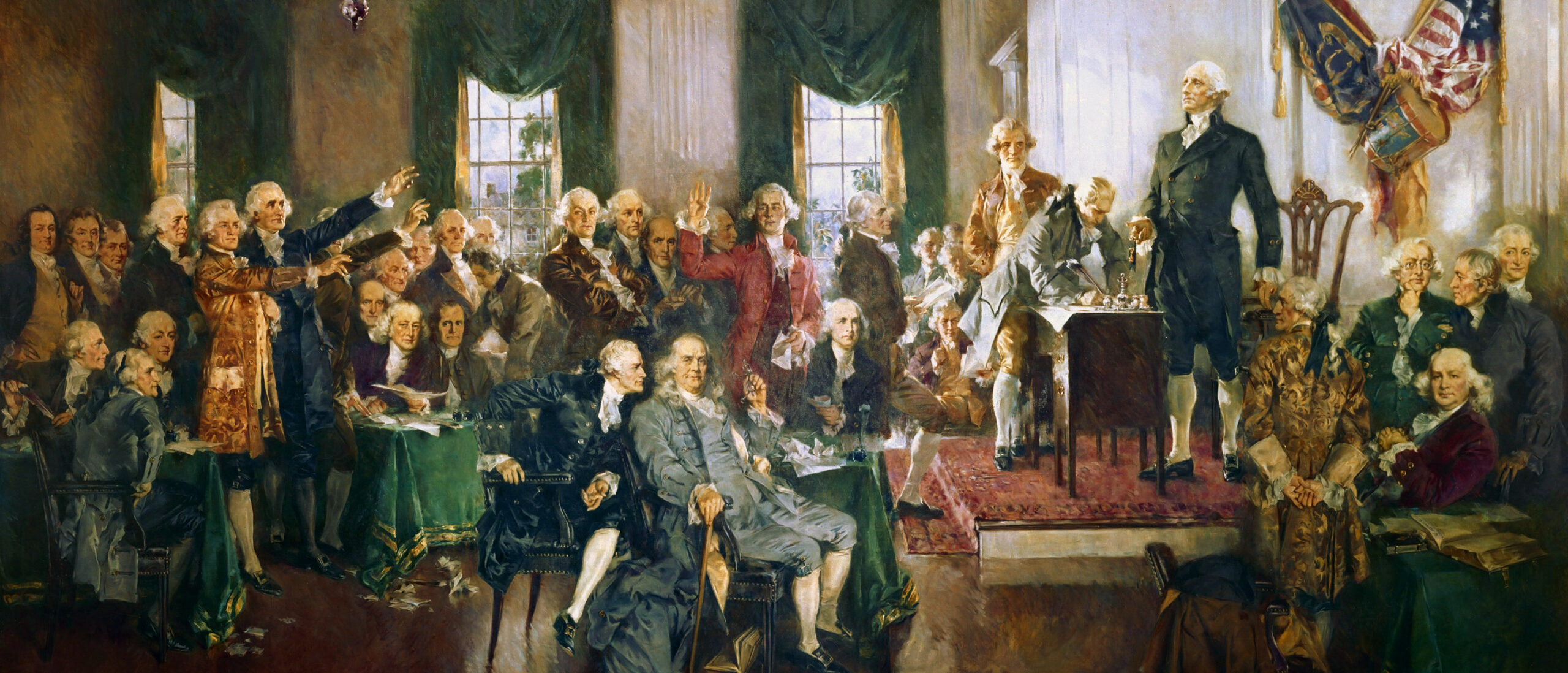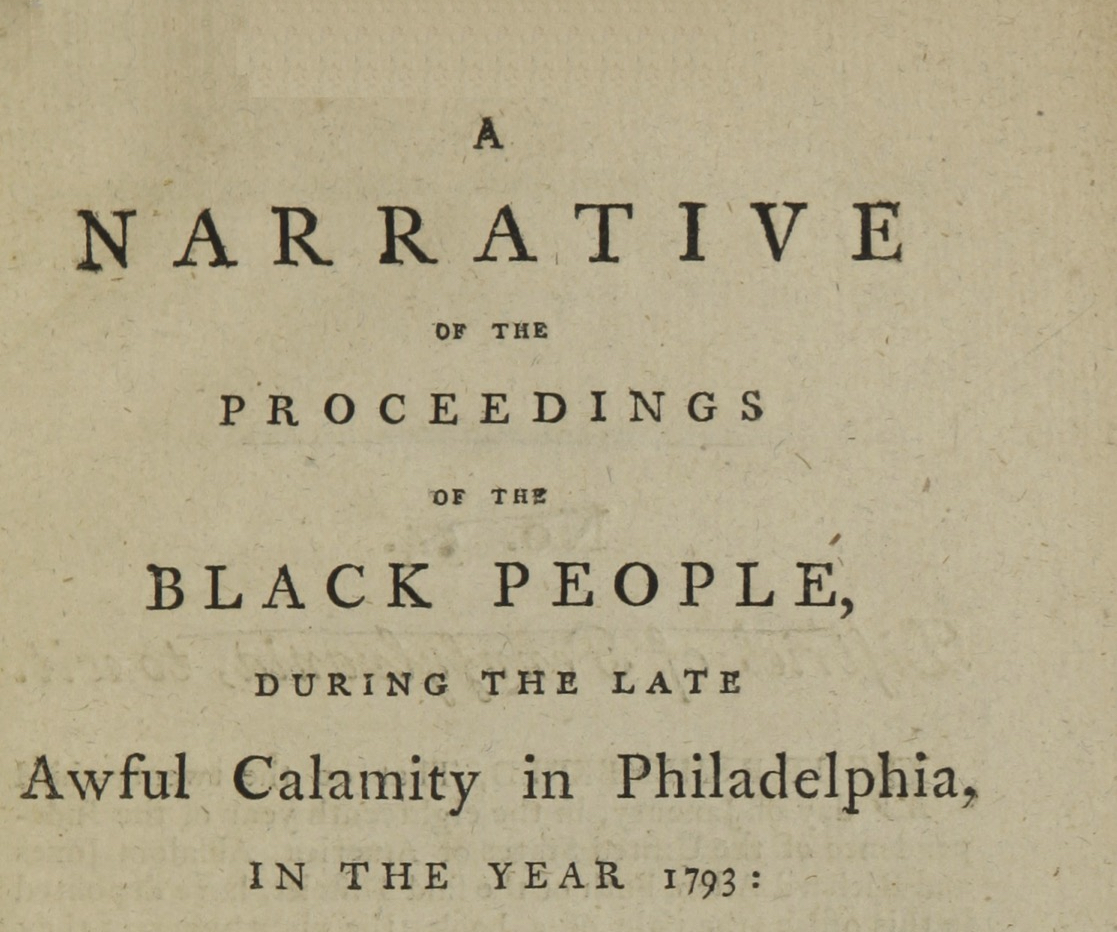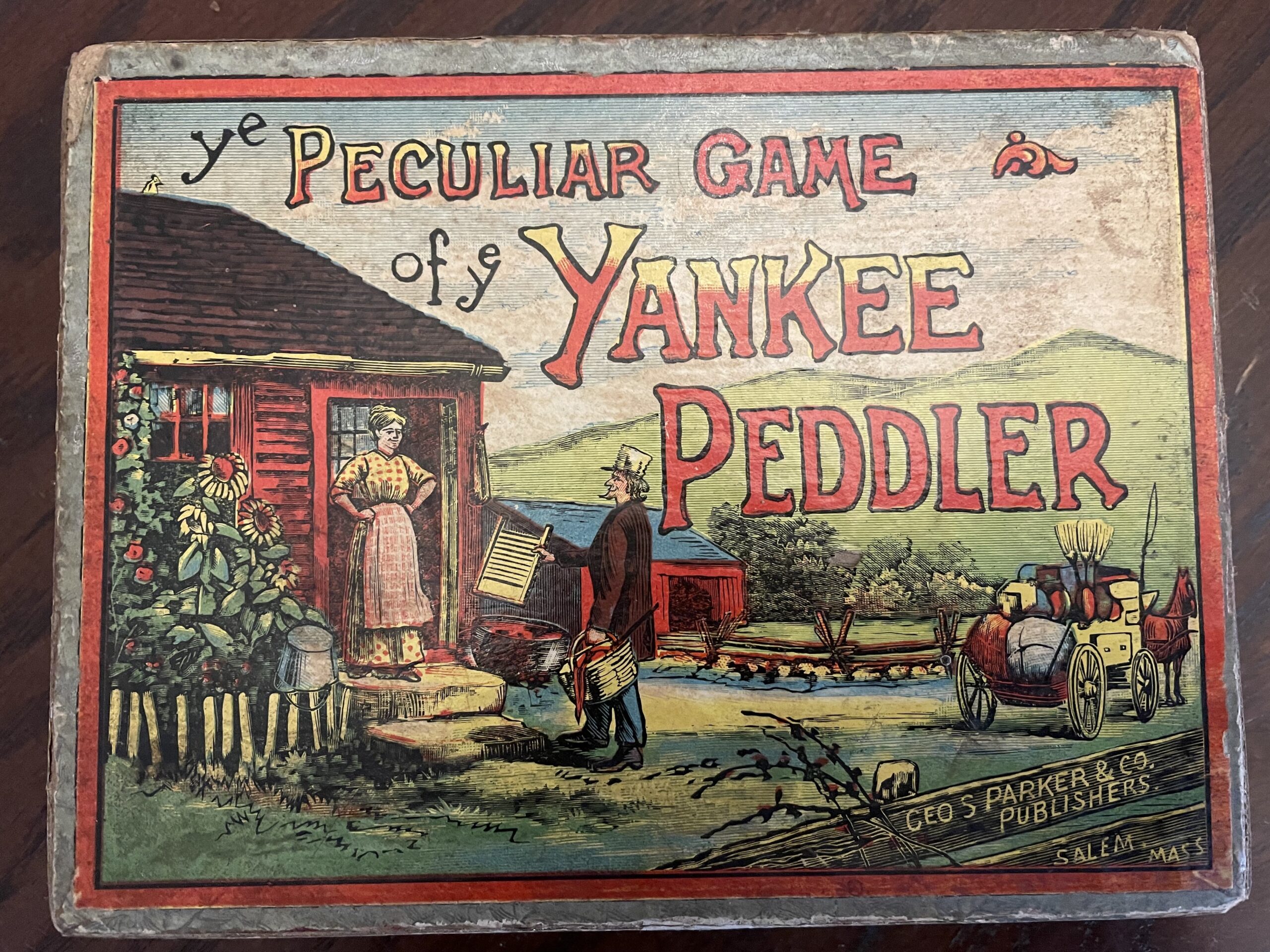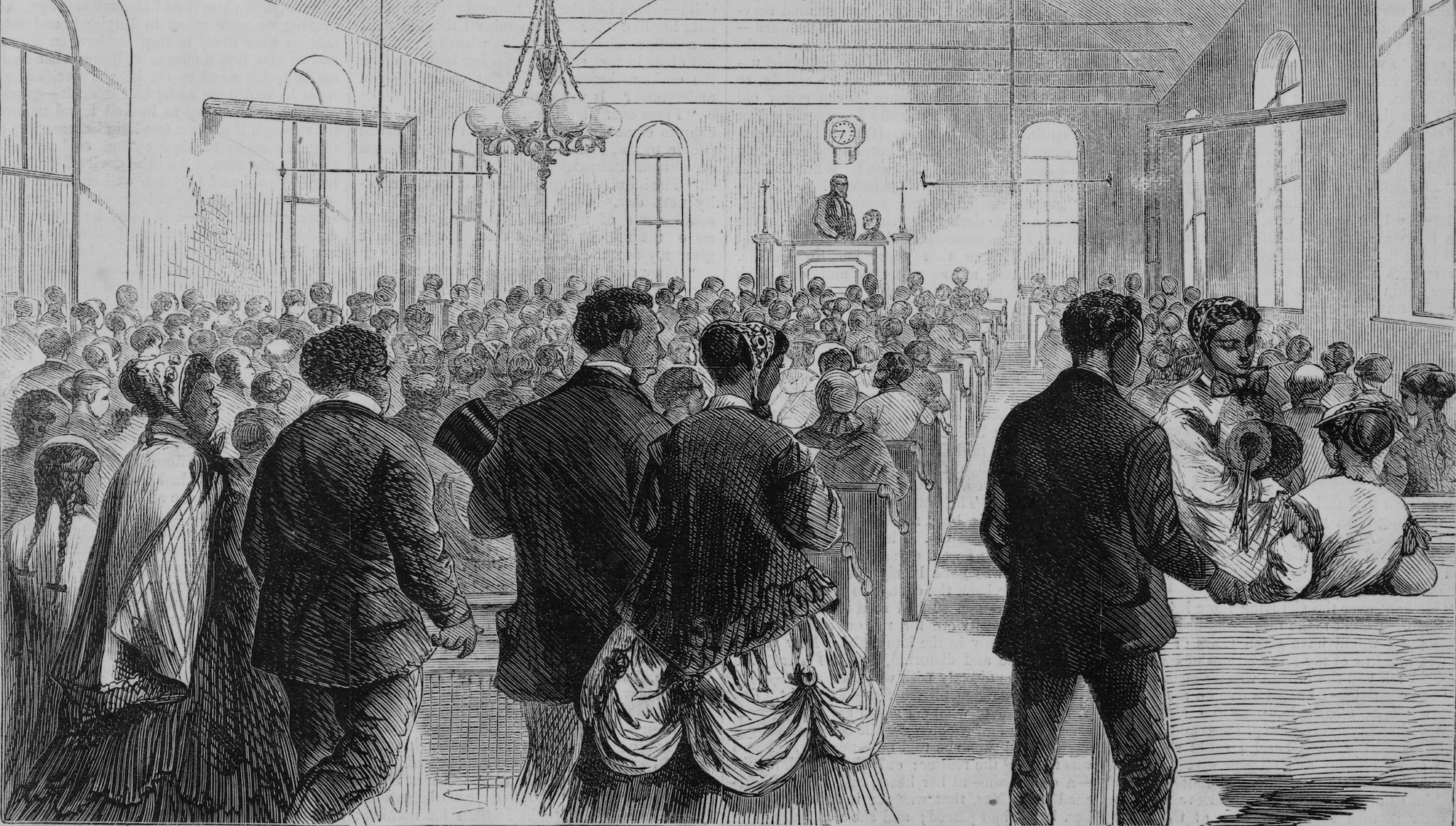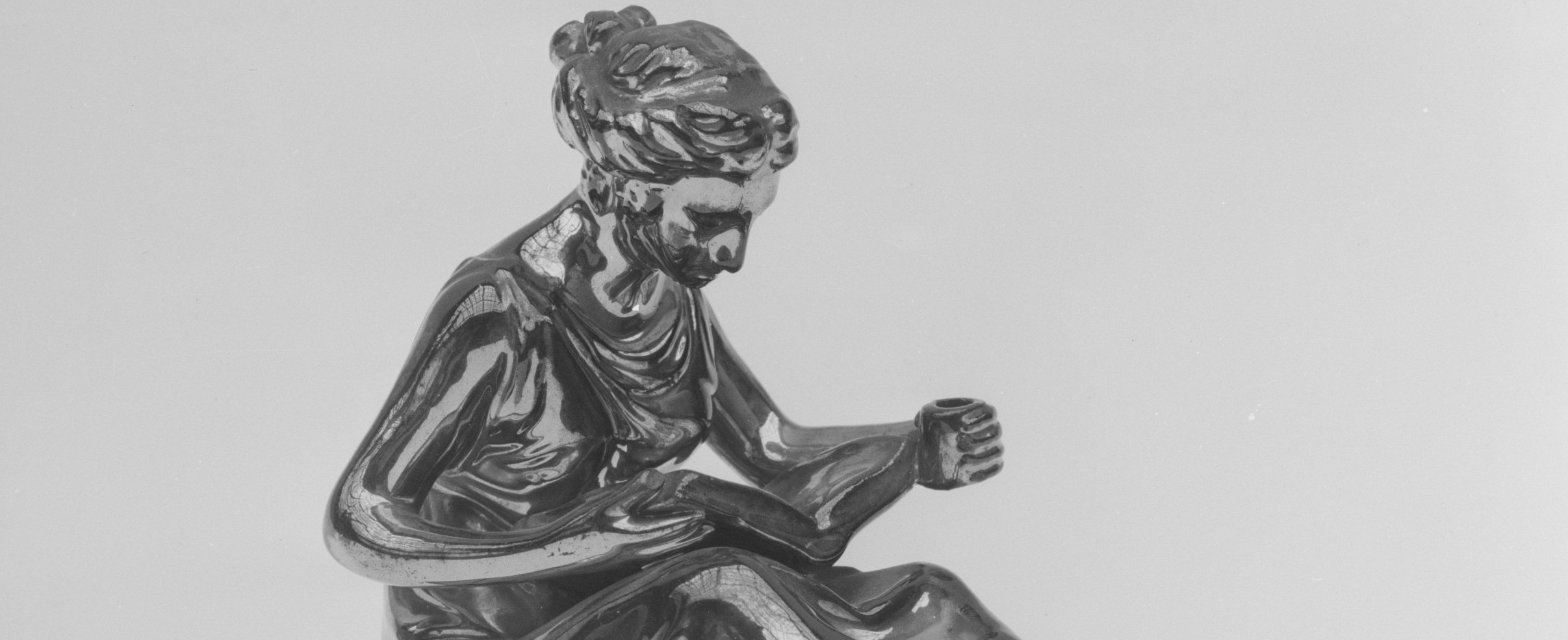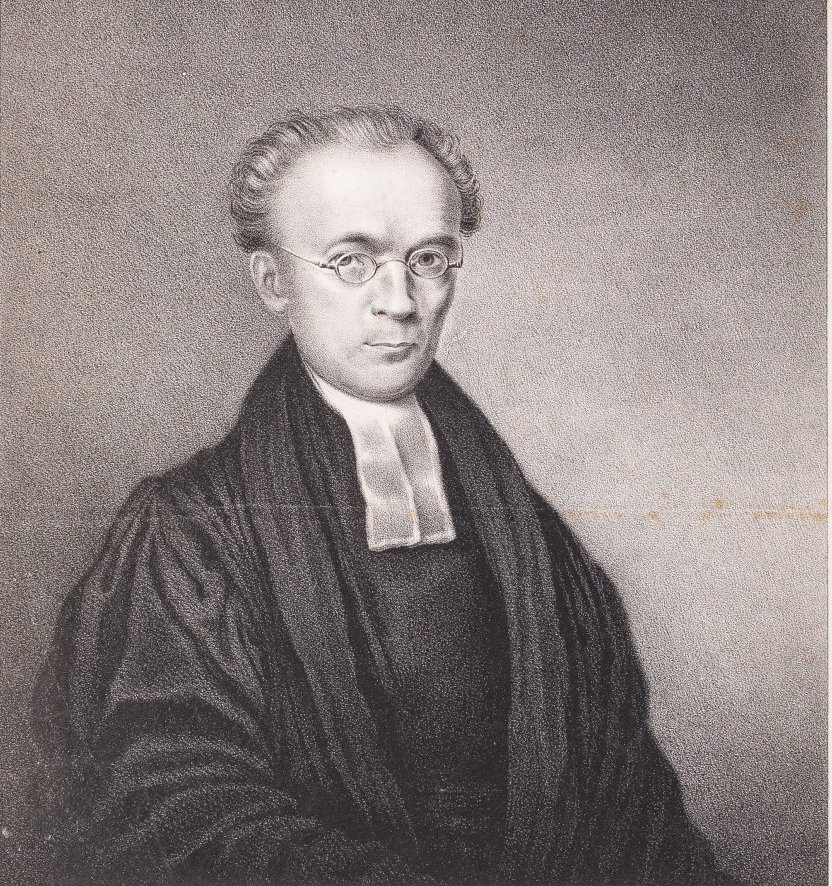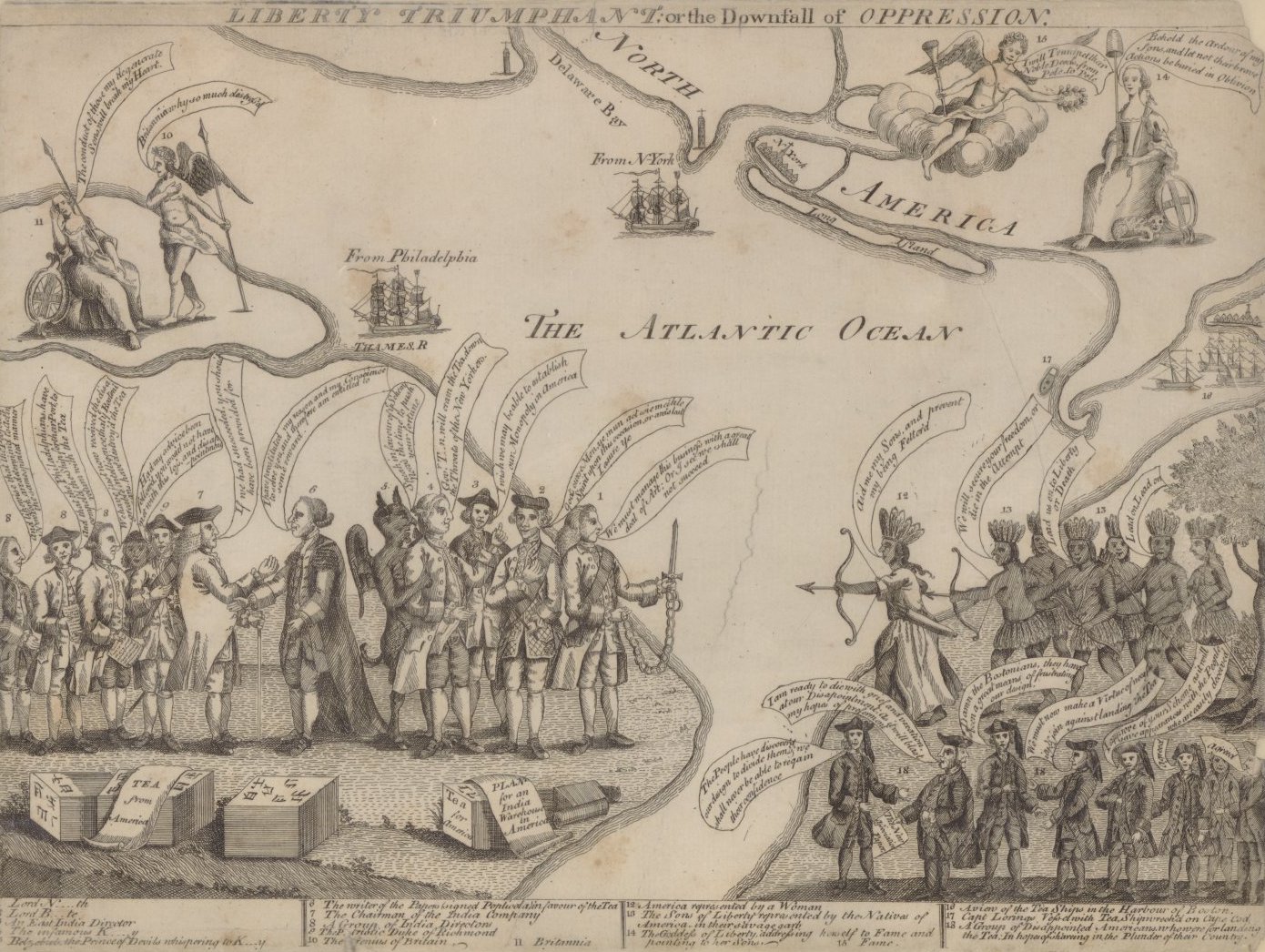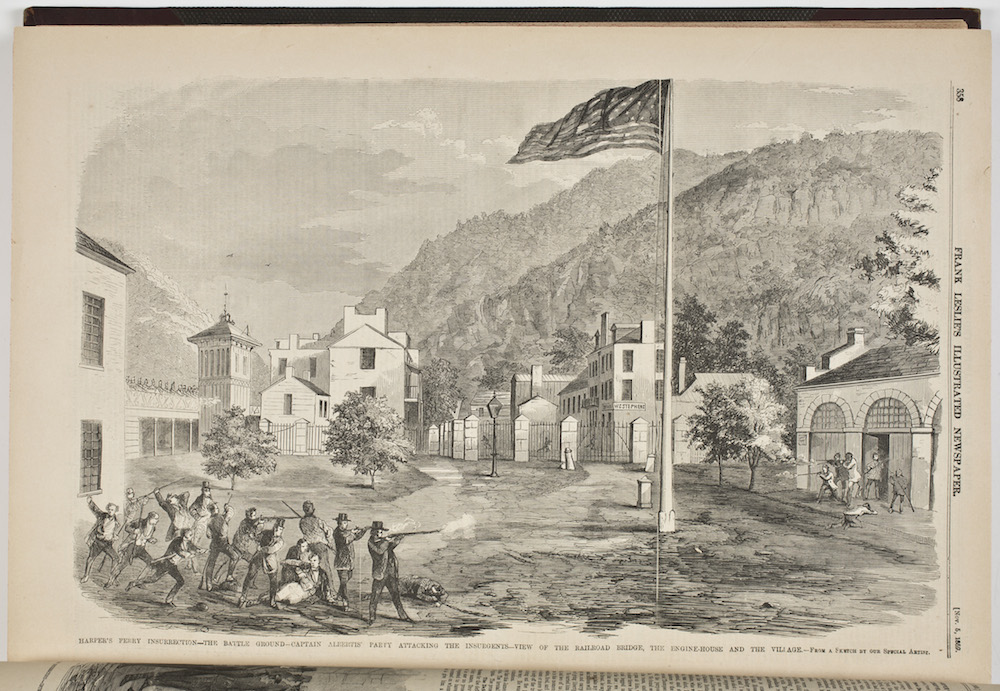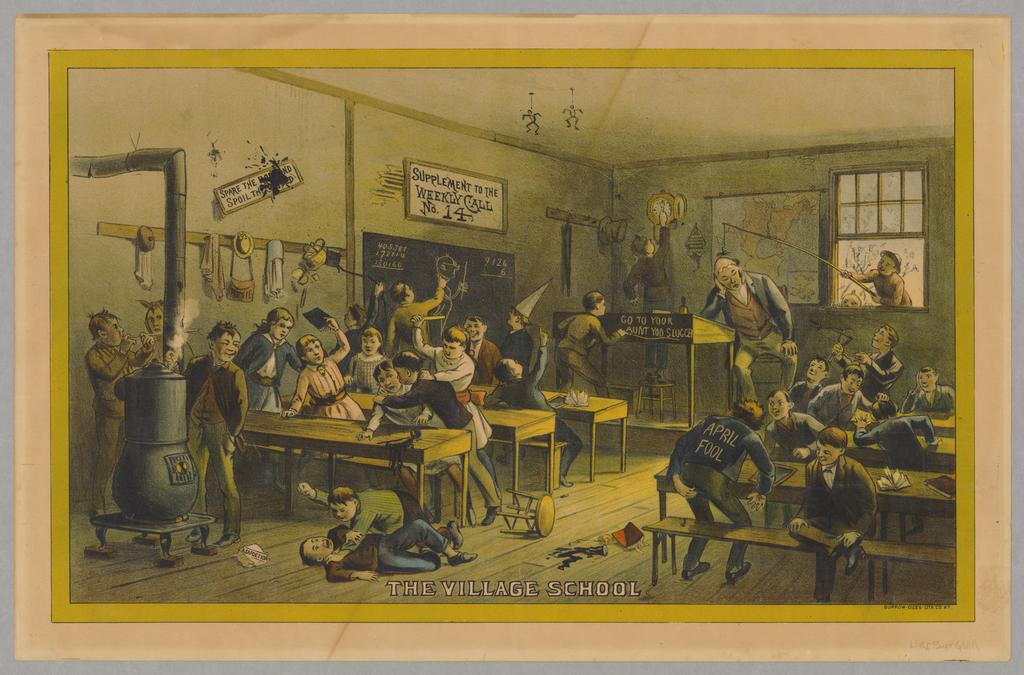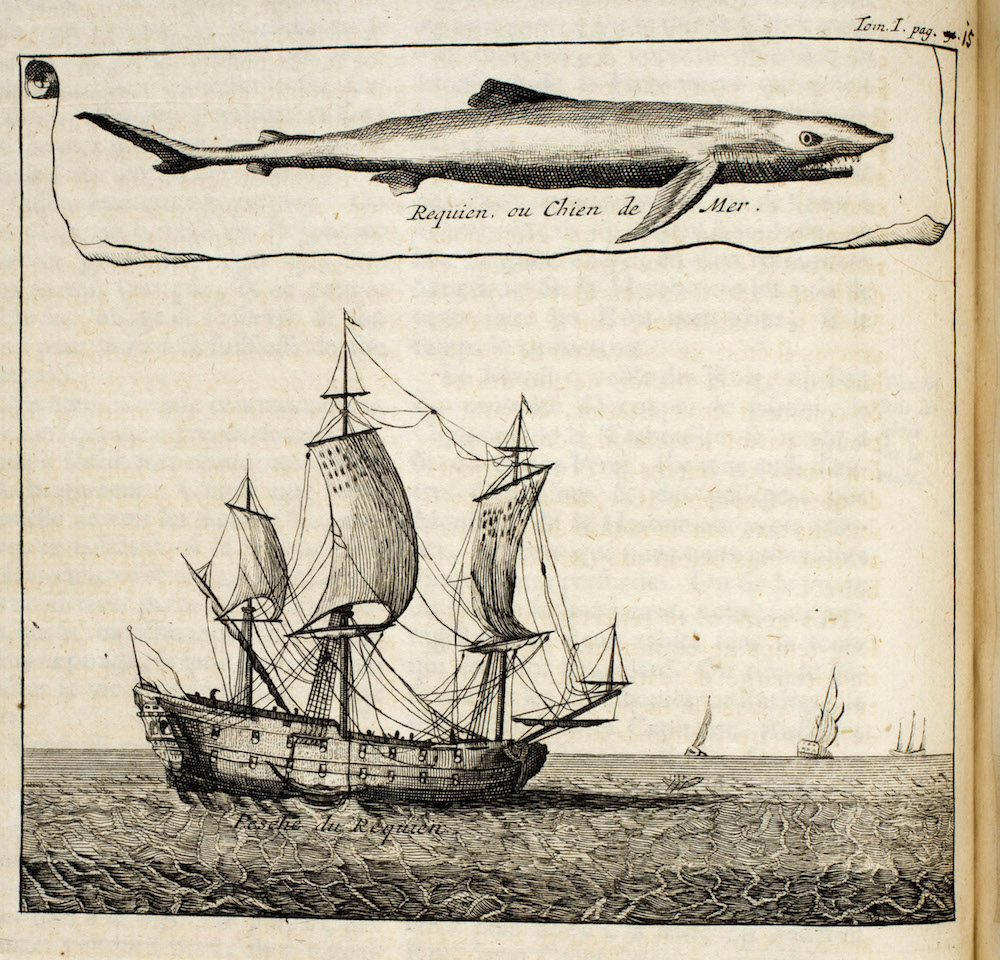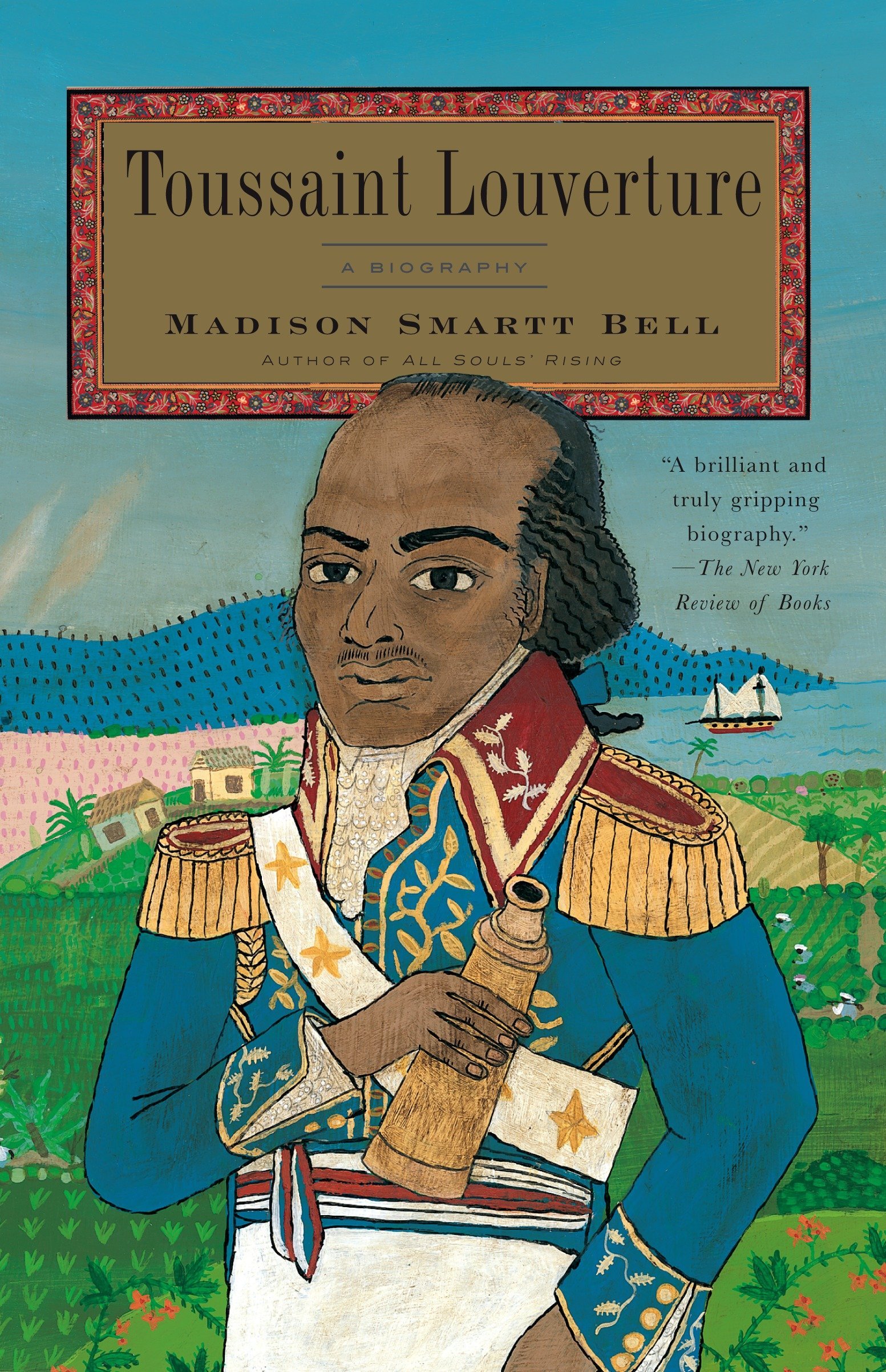George Washington Plunkitt teaches a lesson
I don’t understand why they choose to sit in dark.
It’s certainly not a matter of timidity. With my blessing as well as without it, these students are constantly opening up windows, moving around chairs, getting up in the middle of a discussion to grab a tissue or go to the bathroom, and so on. And yet if for some reason I’m not the first person to enter the classroom at the start of the day, they will sit in the liminal early morning light until I enter and flick the switch. Maybe it preserves some notion of receding freedom; as long as the lights are off, school hasn’t really begun.
Anyway, now I’m here, the lights are on, attendance has been taken, and we’re getting down to business. The topic at hand: a discussion of an excerpt from Plunkitt of Tammany Hall, a 1905 portrait of machine politics written—or, perhaps more accurately, filtered—by a young newspaper reporter and editor named William Riordan. Conceived as a response to muckraking journalist Lincoln Steffens’s 1903 exposé The Shame of the Cities, Plunkitt of Tammany Hall is a remarkably rich social document in which we hear—an auditory metaphor seems apt, because the voice is so striking—an indiscreet Irish politician named George Washington Plunkitt reveal far more about himself than he should for his own good. (The book, published at a moment when Plunkitt was seeking to recover his lost seat in the New York state senate, effectively sealed his doom, as Riordan may well have intended.) In one particularly rich passage, which I have assigned as homework and now proceed to read aloud, Plunkitt makes a famous distinction between what comes to be known as “honest graft” and “dishonest graft.”
Everybody is talkin’ these days about Tammany men growin’ rich on graft, but nobody thinks of drawin’ the distinction between honest graft and dishonest graft. There’s all the difference in the world between the two.
Yes, many of our men have grown rich in politics. I have myself. I’ve made a big fortune out of the game, and I’m gettin’ richer every day, but I’ve not gone in for dishonest graft—blackmailin’ gamblers, saloon-keepers, disorderly people, etc.—and neither has any of the men who have made big fortunes in politics.
There’s an honest graft, and I’m an example of how it works. I might sum up the whole thing by sayin’: “I seen my opportunities and I took ’em.”
Just let me explain by examples. My party’s in power in the city, and it’s goin’ to undertake a lot of public improvements. Well, I’m tipped off, say, that they’re going to lay out a new park at a certain place. I see my opportunity and I take it. I go to that place and I buy up all the land I can in the neighborhood. Then the board of this or that makes its plan public, and there is a rush to get my land, which nobody cared particular for before.
Ain’t it perfectly honest to charge a good price and make a profit on my investment and foresight? Of course, it is. Well, that’s honest graft.
Or, supposin’ it’s a new bridge they’re goin’ to build. I get tipped off and I buy as much property as I can that has to be taken for approaches. I sell at my own price later on and drop some more money in the bank.
Wouldn’t you? It’s just like lookin’ ahead in Wall Street or in the coffee or cotton market. It’s honest graft, and I’m lookin’ for it every day in the year. I will tell you frankly that I’ve got a good lot of it, too.
All right, I tell the students. There you have it. Plunkitt is telling us that dishonest graft means things like running prostitution rings or selling liquor, while the kinds of examples he’s giving us constitute the legitimate practice of politics—whatever “goo-goos” like that Progressive Lincoln Steffens may say. You buy it?
There’s a pause. There often is. J.D. raises his hand first, as he typically does. No, I don’t buy it, he says. Plunkitt’s just trying to justify his corruption.
Well, okay, I say. But just what is it here that constitutes corruption?
He’s using his office to get rich, says Leah, one of my better students. A politician is not supposed to do that.
Oh no? I reply. Maybe it depends on your definition of politics.
She looks at me quizzically.
We’ve already talked about the role of political machines for immigrants earlier in the week, I note. If a guy like Plunkitt will get your brother-in-law a job or deliver a turkey at Thanksgiving, how much do you care if he cuts himself in for a piece of the action? Doesn’t he pretty much need to cut himself in for a piece of the action in order to maintain his position, and thus to help other people? (I launch into a brief discussion here on the role of party patronage as the financial lubricant of the nineteenth-century two-party system and the reformers who tried to break it.) What are you, Leah—one of those Progressive control freaks who uses morality as a cover for hatred of people she considers different from herself?
Leah smiles. She knows I’m only kidding. After all, her people were Jewish immigrants, and she knows I know this. Still, I’m hoping she’ll feel the poke under her ribs.
I kind of like Plunkitt, says Danielle. He’s funny.
Manuel raises his hand. He doesn’t do this often, so I’m eager to draw him into the conversation. I think the guy is right, he says. Let’s be real: this is what politics is all about. Look at Eliot Spitzer.

We proceed to discuss the disgraced New York governor, who is in the middle of grappling with revelations of participation in a prostitution ring, over which he will resign shortly. For the next ten minutes or so, we assess how much or how little politics has changed. I ask how much of a difference there is between what Spitzer did and what Plunkitt is describing. (I don’t get into how much of Plunkitt’s persona is a collaboration between him and Riordan; that’s a conversation for another day.) At least Plunkitt is no hypocrite the way the crusading Spitzer is. But I also ask: if Plunkitt buys land at ten dollars an acre and sells it for one hundred dollars an acre, is he stealing ninety dollars an acre from the public?
Absolutely! says Laura.
But isn’t a Wall Street speculator pretty much doing the same thing?
Manuel nods approvingly. J.D. furrows his brow: he’s working this.
Well yes, says Alison. It’s just a different kind of theft, not that she’s particularly surprised by either. I find her sophistication a little unsettling in a sixteen-year-old.
Are you saying that we hold politicians to a different standard than other people? A higher standard than other people?
Alison shrugs, a gesture that says, “Yes I am saying that, but you shouldn’t take me any more seriously than I’m taking you.”
Laura has an incredulous expression on her face: She’s about as bright as Alison but wholly lacks Alison’s sense of irony. I observe to the class that Laura appears bemused by Alison’s position and ask her if she thinks politicians should in fact be held to a higher standard than other citizens.
Yes, she says, but immediately upon doing so she starts to backtrack, recognizing even as she says so that they’re just people too, before her improvised meditations descend into the incoherence of a mouth that moves more slowly than a mind. I might try to untangle her thoughts, but we’re just about out of time. I know this because people like Tess, who never say a word, have begun moving books into their backpacks, part of a growing rustle that’s my not-so-subtle cue to wrap this up.
By way of conclusion, I remind the class of something Leah said: “A politician is not supposed to do that.” Whether or not you agree, I say, a vision of the way the world works is embedded in that assertion. I ask the class to keep thinking about Plunkitt and the way his remarks might help clarify their own notion of what politics should be. (A rather large and amorphous request, to be sure, but you never know who will latch onto what.) And then I say I want them to graduate, go to college, and use that vision of politics to go and make the world a better place. I get some smiles as the desks and chairs slide around and the desperately bored make their exit. They know what I mean in a Jon Stewart kind of way. And they know, just like him, that I’m not entirely joking.
I feel a nagging sense of unease as I head upstairs to my desk to check my messages and grade some papers. I’ve done my job, by my lights anyway: to foster a spirit of thoughtful inquiry in good democratic fashion. As such, I would like be able to see myself as furthering a long and honorable living tradition. And yet I know not only that this isn’t happening very frequently in thousands of high schools around the country but that it can’t. For one thing, there’s a prescribed curriculum, and someone like George Washington Plunkitt is not likely to show up on it. Insofar as he might, it’s likely to be as a series of facts (file under: Tammany Hall; nineteenth-century urban politics). And even if the students were inclined to have a discussion of the kind I did, any number of forces would mitigate against it, ranging from administrative procedures, to student apathy, to district requirements to teach to the test. Far from honest laborer tilling the fields of democracy, I am a cosseted servant of the ruling class inviting the children of an elite to do what our society doesn’t want or can’t afford to do for the majority of its children: invite them to think for themselves. I’m reminded of Marie Antoinette strolling around Le Petit Hameau, her peasant cottage/garden complex at Versailles, fancying herself a farmer.
But that’s not the worst of it. For it might be one thing if, in fact, I knew that the education these students were getting from me and others would allow them to at least preserve the values I’m modeling, if not explicitly espousing. Yet I’m haunted by a fear that insofar as I succeed, their educations will be worse than useless—that, like Marie Antoinette, they will be confronted with a world in which the grooves of their minds make them less, not more, able to adapt to a coming dispensation, one in which a sentimental attachment to democracy will not receive the lip service it does now. I worry, in other words, that they will be old before their time.
It’s at this point that I seek cover in a sense of humility. Don’t kid yourself, I think. They’re not empty vessels, and you’re not a fountain that fills them. These students—the smart ones, anyway—will discard what they need to. Education: a process of figuring out what doesn’t matter. You’re just a teacher.
George Washington Plunkitt is chuckling, softly. Who’s the honest one now, he asks with an almost mirthless smile. Did you remember to turn off the lights before you left the room?
This article originally appeared in issue 9.2 (January, 2009).
Jim Cullen, Common-place column editor and regular contributor, teaches at the Ethical Culture Fieldston School in New York, where he serves on the Board of Trustees. He is the author of the newly published Essaying the Past: How to Read, Write and Think about History and other books. This essay is adapted from a work-in-progress about a year in the life of the U.S. History Survey. Names have been changed to protect the identities of his students.



